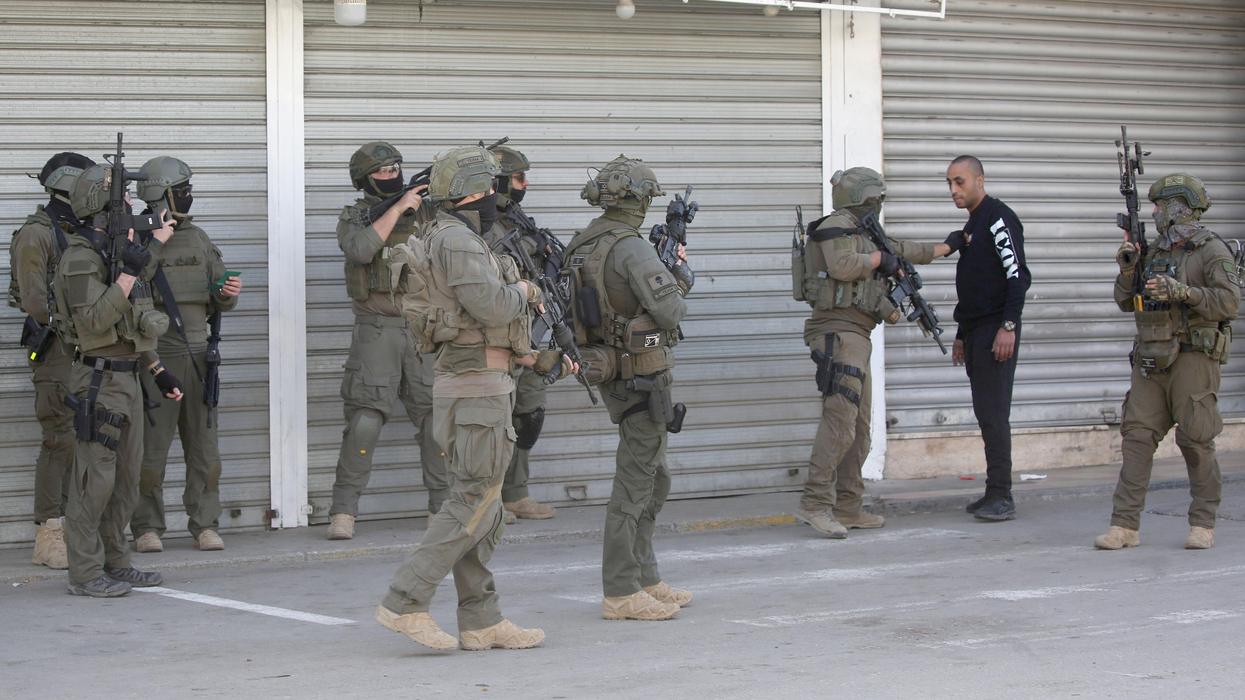Stunning news today as European Union foreign affairs chief Josep Borell announced a “pause” in the Iran nuclear talks in Vienna, citing “external factors.” Diplomats say this refers to the eleventh-hour demand by the Russians, one of the original JCPOA signatories, to relieve some of its sanctions over the Ukraine invasion in exchange for its support on a renewed deal.
Though the JCPOA has not been killed by these Russian demands, Moscow does have the ability to harm the United States by delaying the agreement at a crucial point of Washington’s vulnerability to high oil prices. It may also have the ability to pull the plug on the agreement as a whole by triggering snap-back sanctions in the UN Security Council or preventing the Joint Commission from adopting the decision to bring the US back into the deal. The snap-back option would of course create a very significant crisis between Tehran and Moscow.
In retrospect, the parties were clearly mistaken in thinking that Russia would continue to compartmentalize the JCPOA talks from its tensions with the West. The Ukraine crisis of 2014 did not undermine the JCPOA negotiations, but it is of course incomparable to the Ukraine crisis of 2022. It remains unclear, however, if the Russian objective is to delay the deal to undermine the West’s efforts to pressure Russia over Ukraine or to completely scuttle the deal.
Though Tehran has been tempered in its statements so far, it must clearly be angered by the Russian maneuvers. But Iran is stuck between two bad choices: Accepting the potential collapse of the deal and continued U.S. sanctions, or seeking a potential agreement with the U.S. outside of the JCPOA. The latter could dangerously increase tensions between Tehran and Moscow while making Iran dependent on the U.S. at a time when GOP officials have made it clear they will kill the JCPOA if they take the White House in 2024.
Hopefully, the deal can still be salvaged. But if it collapses on the goal line because of Russian sabotage, it further underscores the folly of Biden not going back to the deal via Executive Order on the first day of his presidency. No one could have predicted Russia's illegal invasion of Ukraine as a factor, but many predicted that it would be unpredictably messy to negotiate a return.
















